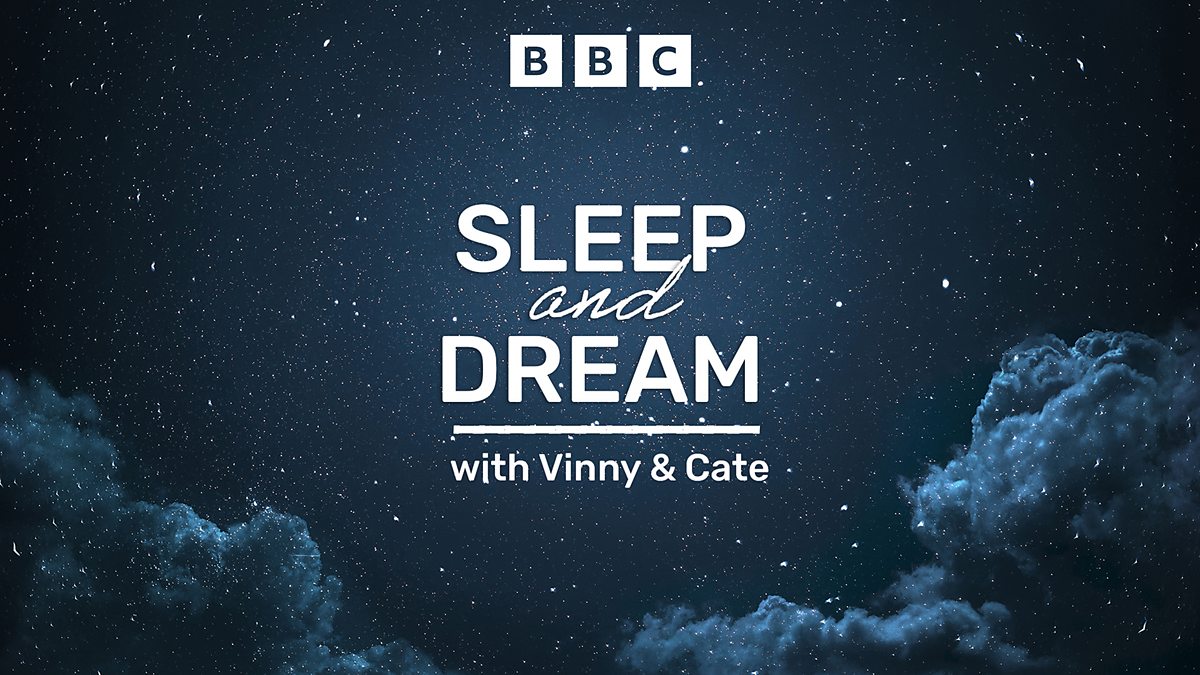Decoding Your Sleep: A Guide to Sleep Tech & the Power of Sleep Diaries

In today's fast-paced world, quality sleep is more crucial than ever. But with so many sleep gadgets promising a better night's rest, how do you navigate the options and truly understand your sleep patterns? Join us as we delve into the world of sleep technology and explore the surprisingly effective method of keeping a sleep diary.
We're joined by Dr. David Garley, a GP and renowned Sleep Doctor, who sheds light on the latest advancements in sleep tech, from sleep trackers and smart mattresses to white noise machines and light therapy devices. He'll help us separate the hype from the helpful, guiding us on how to choose the right tools to optimize our sleep.
The Rise of Sleep Technology
The market for sleep technology is booming, driven by a growing awareness of the importance of sleep for overall health and well-being. These devices aim to monitor various aspects of sleep, including sleep stages (light, deep, REM), heart rate, breathing patterns, and even movement. While many offer valuable insights, it's crucial to understand their limitations. Consumer-grade sleep trackers aren't medical devices and shouldn't be used to diagnose sleep disorders. However, they can be helpful in identifying potential trends and areas for improvement.
Beyond the Gadgets: The Power of a Sleep Diary
Despite the technological advancements, one of the simplest and most effective tools for understanding your sleep remains the sleep diary. A sleep diary is a record of your sleep habits, including bedtime, wake-up time, sleep duration, and any factors that may have influenced your sleep, such as caffeine intake, exercise, stress levels, or medications.
Why Keep a Sleep Diary?
- Identify Patterns: A sleep diary can reveal patterns in your sleep habits that you might not be aware of.
- Pinpoint Triggers: It helps you identify factors that negatively impact your sleep, allowing you to make adjustments.
- Improve Communication with Your Doctor: A detailed sleep diary provides valuable information for your doctor to accurately assess your sleep problems and recommend appropriate treatment.
Combining Tech & Diaries for Optimal Sleep
The best approach often involves combining sleep technology with a sleep diary. Use sleep trackers to gather objective data, and then supplement that data with your subjective experiences and observations in your sleep diary. For example, a tracker might show you spent less time in deep sleep, while your diary might reveal you had a stressful day or consumed caffeine late in the afternoon.
Dr. Garley emphasizes the importance of consistency when using both sleep technology and sleep diaries. Track your sleep consistently for at least two weeks to establish a baseline and identify meaningful trends. Don't be discouraged if you don't see immediate results – improving sleep takes time and effort.
Key Takeaways
- Sleep technology can provide valuable insights into your sleep patterns, but it's not a substitute for medical advice.
- Keeping a sleep diary is a simple and effective way to track your sleep habits and identify potential triggers.
- Combining sleep technology and sleep diaries can provide a more comprehensive understanding of your sleep.
- Consistency is key when tracking your sleep.
Ready to unlock the secrets to a better night's sleep? Start tracking your sleep today!






